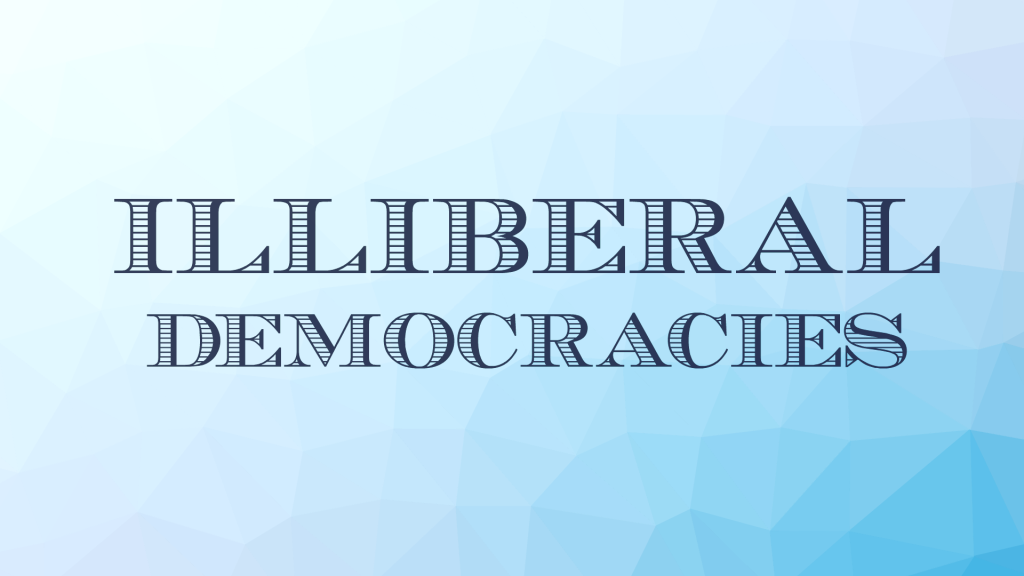
Further European Integration: Necessary Solution or Unwanted Whim?
BY
F.A. Hayek Foundation / August 19, 2015
Following the Greek tragedy, there is a search for ways to prevent crises of similar magnitude from happening. Different state representatives are coming up with different solutions on how best handle such situations. What the eurozone needs are more voices advocating for the benefits of competition.











